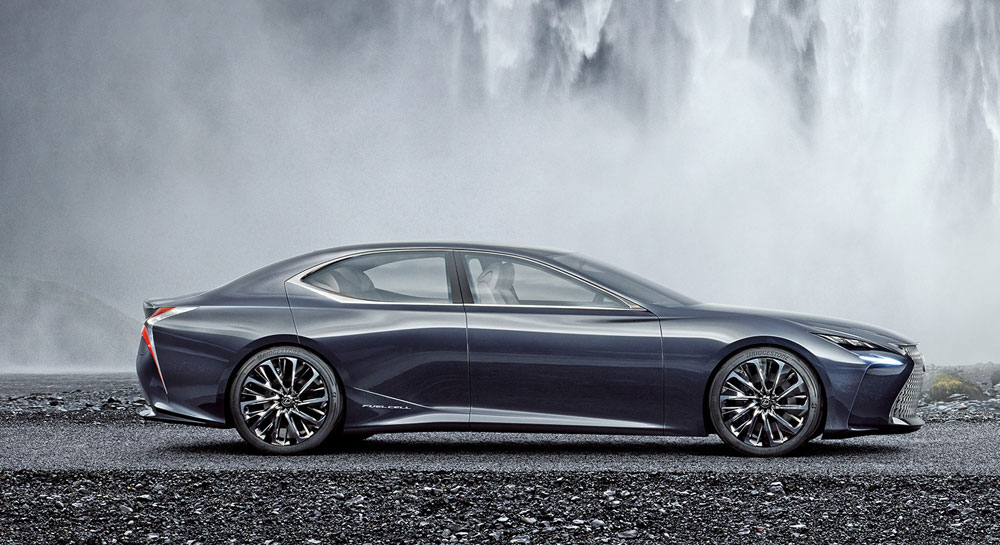This has to be the most exciting thing I've heard from Lexus this year. Now my opinion for Lexus' future has gone up from pessimistic to neutral.
PHEVs can be the best thing since sliced bread or an awkward compromise that does nothing brilliant. The whole point of PHEV is that they can cover most daily commute (especially in highly urbanized region like Asia or Europe) in EV mode only, while still retaining the long-range capability of an ordinary hybrid. Even in U.S. where commute is predominantly on highways PHEVs still do a little better. In that sense they are the cheapest solution that gives the most cut in carbon emissions, in the short term. They don't work that well in real world because it's hard to optimize a battery both for energy density and power density without compromising reliability, part of the reason why the Prius Prime has 'abysmal' EV range.
Regular HEVs just won't cut it in the near future. The fuel economy test cycles in EU/China/Japan favor PHEVs very heavily because a great portion is start-stop scenarios in cities. While HEVs burn little fuel in this scenario, PHEVs literally use zero. This is why PHEVs have twice the MPG in fuel economy tests in these regions. To meet CAFE regulations in these markets it's way safer to go for the PHEV option. The Prius family are the only hybrid models that can meet the 5L/100km requirement (2020), so I won't be surprised if TMC's future hybrid lineup will be plugin-heavy with non plugin trims as budget options.
The really hard one to beat is EPA's 2025 standard (55MPG or 4.3L/100km across the fleet). But by then there will be enough BEVs to dilute CAFE.
PHEVs make sense only if government gives you around $7k-10k to recoup the costs and this is where people buy plugins of any kind. Without that kind of support, sales are small. Please look at pdf i linked above for various sales and govt support numbers. It is an excellent read.
As to the CAFE, I already explained before how TMC already meets 2021 fuel economy numbers for EU. China is different - however in China, you get 4:1 benefit when you sell plugin, so percentage of sales soon to be required is more like 2.3% instead of 8% thats written in the law. And in the USA, they also meet the requirements and have enough credits.
So the main reason for them to do anything is to sell in markets where govt gives big support to plugins - like in norway, where market share for plugins in 35% overall due to govt incentives. Thing is that even in Norway, Toyota hybrids sell really well and they are #2 on the market (best in Western Europe?). So even now, these clean requirements benefit Toyota.
It is also true that some governments are phasing out phev incentives and favoring only BEV sales. These are usually ones that have local industry that produces BEVs, like France which has Renault doing Zoe. And for these kind of markets, they need standalone EV to reap the sales. However this has nothing to do with EU 2021 goals, which they should meet already in 2017.


